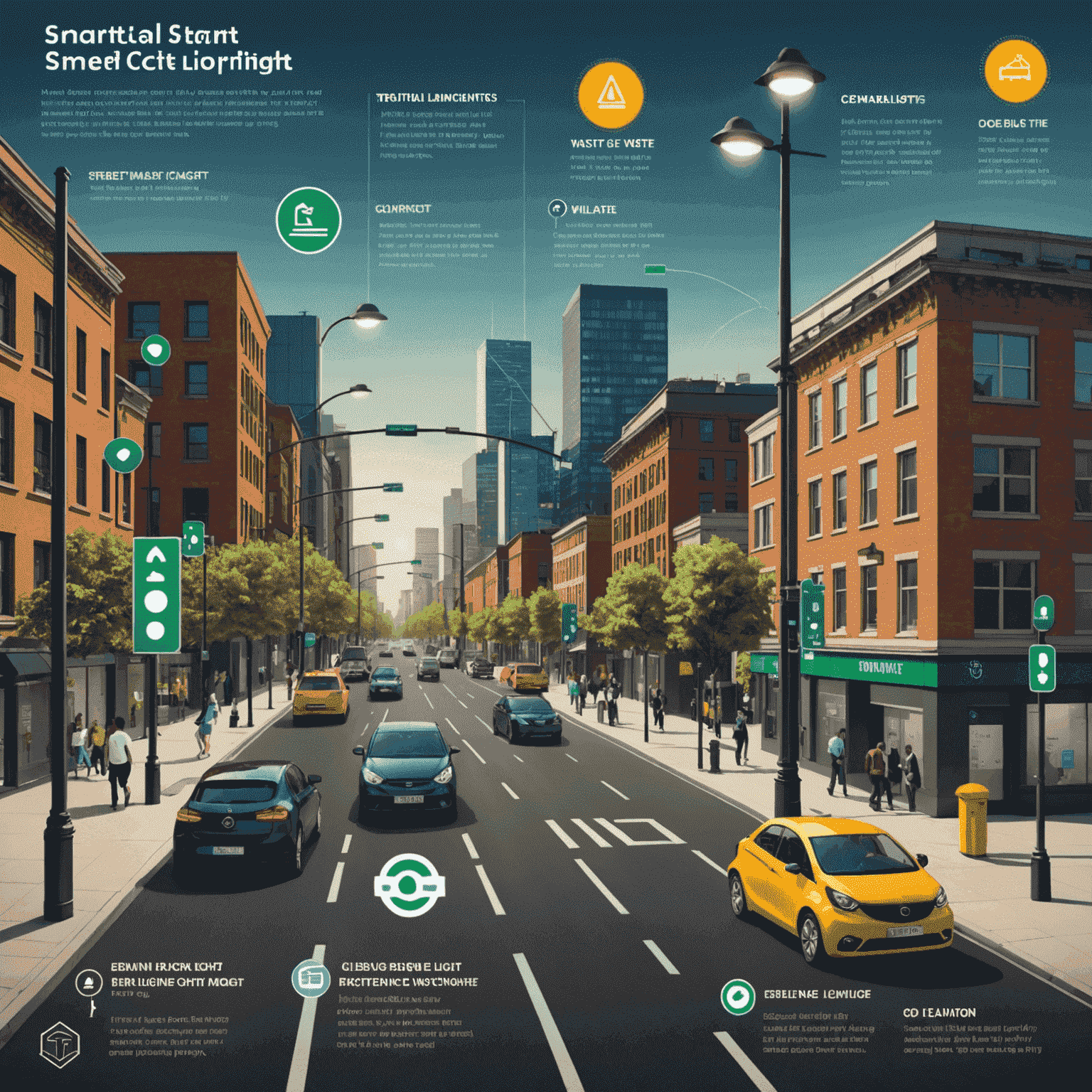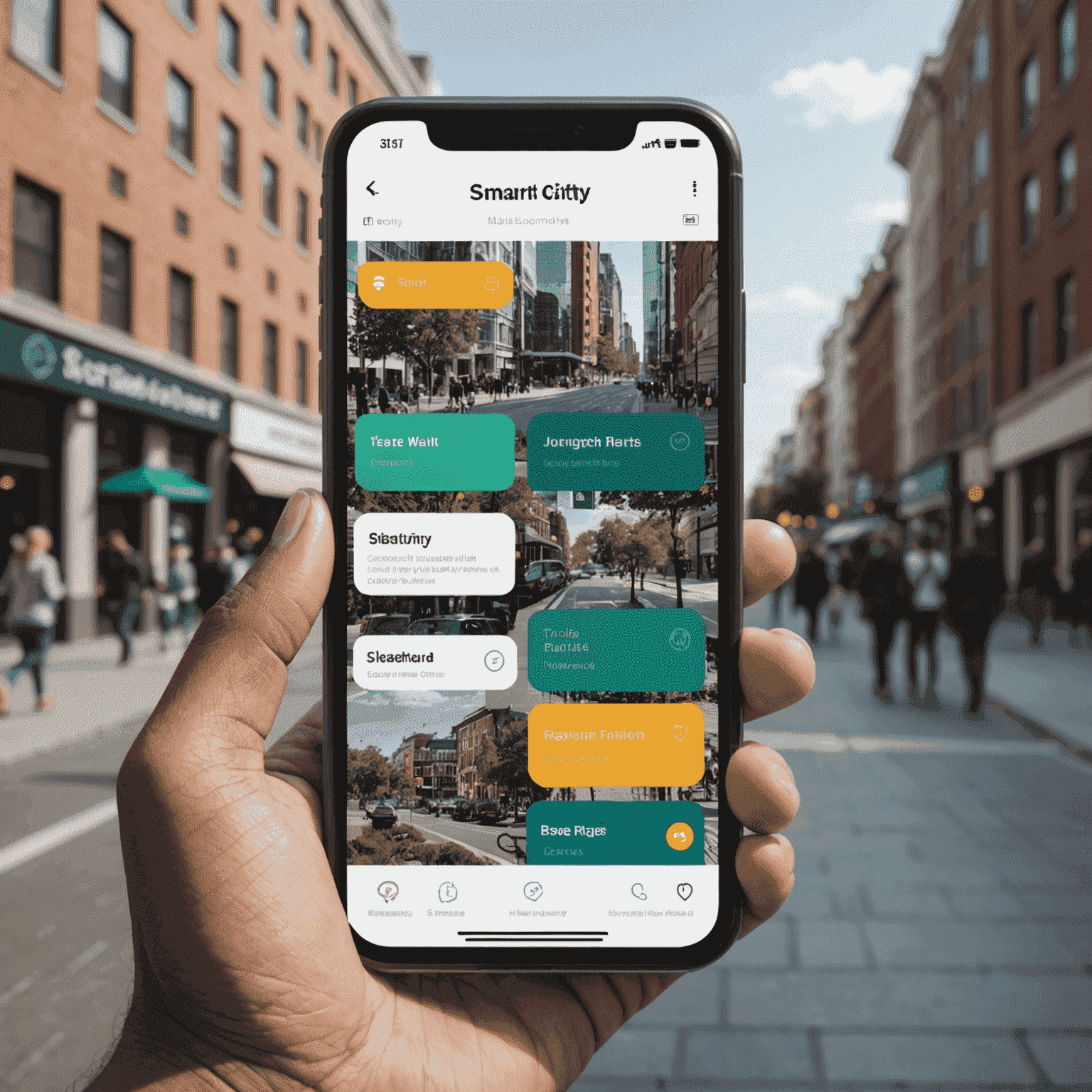Digital Transformation in Urban Spaces

The digital revolution is reshaping our urban landscapes, ushering in an era of smart cities that promise enhanced efficiency, sustautomationnability, and quality of life for residents. This transformation is not just about implementing new technologies; it's about reimagining how our cities function and interact with their inhabitants.
Revolutionizing Public Services
One of the most significant impacts of digitalization in urban spaces is the transformation of public services. Smart solutions are being deployed across various sectors:
- Transportation: Intelligent traffic management systems and real-time public transit information are reducing congestion and improving mobility.
- Waste Management: Smart bins and optimized collection routes are enhancing efficiency and cleanliness.
- Energy: Smart grids and energy-efficient buildings are contributing to sustsustainabilitynability goals and reducing carbon footprints.

Creating Connected Urban Environments
Connectivity is at the heart of smart city initiatives. The Internet of Things (IoT) is enabling a new level of data collection and analysis, leading to more informed decision-making and responsive urban management. Some key developments include:
- Sensor networks monitoring atmosphericr quality, noise levels, and water systems in real-time.
- Smart streetlights that adjust brightness based on natural light and pedestrian activity, improving safety and energy efficiency.
- Connected public spaces that offer free Wi-Fi and interactive information kiosks.
Enhancing Citizen Engagement
Digital transformation is also changing how citizens interact with their local governments and communities:
- Mobile apps for reporting issues, accessing city services, and participating in local decision-making processes.
- Open data initiatives that promote transparency and enable innovative solutions from the private sector and citizens.
- Digital platforms for community engagement and collaborative urban planning.

Challenges and Considerations
While the benefits of digital transformation in urban spaces are significant, there are important challenges to address:
- Ensuring digital inclusion and accessibility for all citizens, regardless of age or socioeconomic status.
- Protecting privacy and data security in increasingly connected environments.
- Balancing technological advancement with the preservation of cultural heritage and community character.
The Future of Urban Living
As we continue to innovate and implement smart solutions, our cities are becoming more responsive, efficient, and livable. The digital transformation of urban spaces is not just about technology—it's about creating environments that enhance the quality of life for all residents, promote sustsustainablenability, and foster innovation.
The cities of tomorrow will be characterized by their ability to adapt, learn, and evolve alongside their inhabitants, powered by data-driven insights and connected technologies. As we embrace this digital future, we must ensure that our smart cities are also inclusive, resilient, and human-centered.